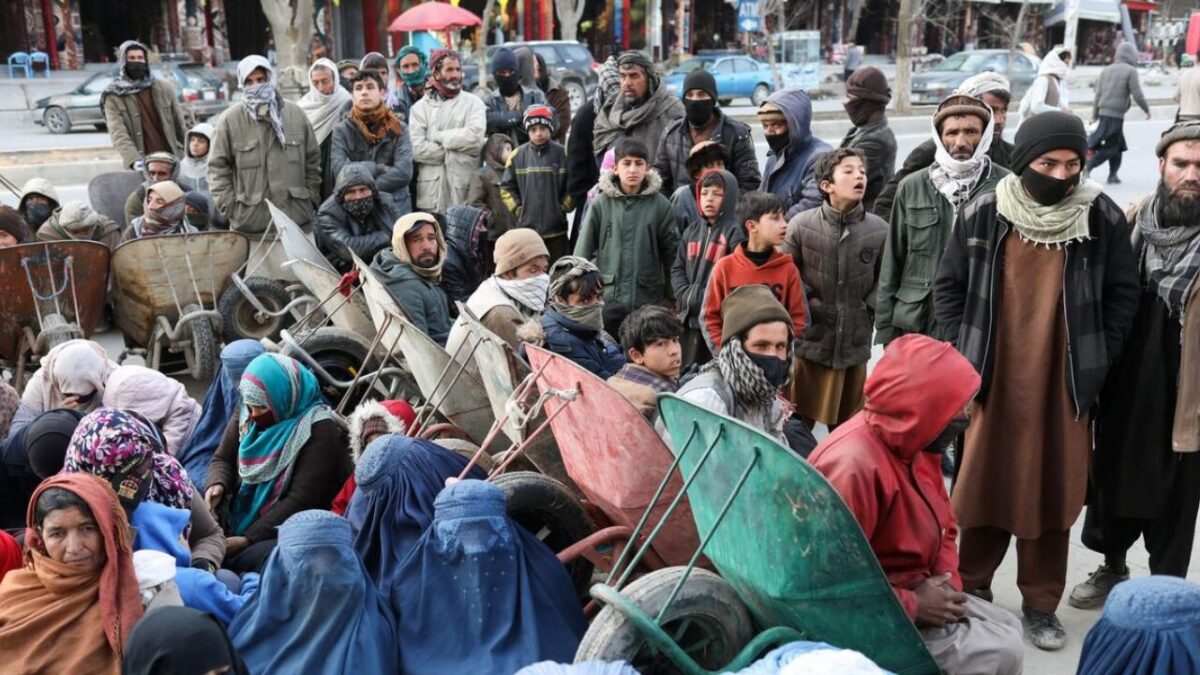Afghanistan’s worsening humanitarian crisis in 2025 is driven by political instability, economic decline, and climate-induced shocks, according to a report by the United Nations Office for the Coordination of Humanitarian Affairs (OCHA). The report highlights the compounding effects of these challenges, as well as the strain caused by the return of Afghan nationals from neighboring countries.
OCHA estimates that 22.9 million people in Afghanistan are in need of humanitarian assistance, with aid efforts targeting 16.8 million of them. The returnee influx from countries such as Iran and Pakistan has placed additional pressure on already limited resources.
The report noted that more than 8 million Afghan refugees and other displaced individuals are currently hosted by neighboring countries, primarily Iran and Pakistan. The Refugee Response Plan (RRP) aims to provide support for both refugees and host communities by focusing on protection, documentation, and access to essential services.
“Refugee Response Plan partners focus on sustainable returns and livelihoods for refugees and host communities amidst ongoing challenges,” OCHA stated.
The UN report emphasized that humanitarian partners are targeting 7.3 million people in need, accounting for 100 percent of the identified population requiring aid. However, challenges persist, with limited funding and international focus hampering relief efforts.
Jan Egeland, Secretary General of the Norwegian Refugee Council, recently warned that Afghanistan’s humanitarian crisis is being overlooked by the global community. “With 22 million people in need of aid, this crisis is one of the largest humanitarian emergencies in the world,” he said.
Call for International Attention
The humanitarian situation in Afghanistan underscores the urgent need for international engagement and sustained funding. As political and economic instability persists, coupled with the impacts of climate change, millions of Afghans continue to face food insecurity, displacement, and limited access to basic services. Without adequate international support, relief efforts may fall short, leaving millions at risk.





